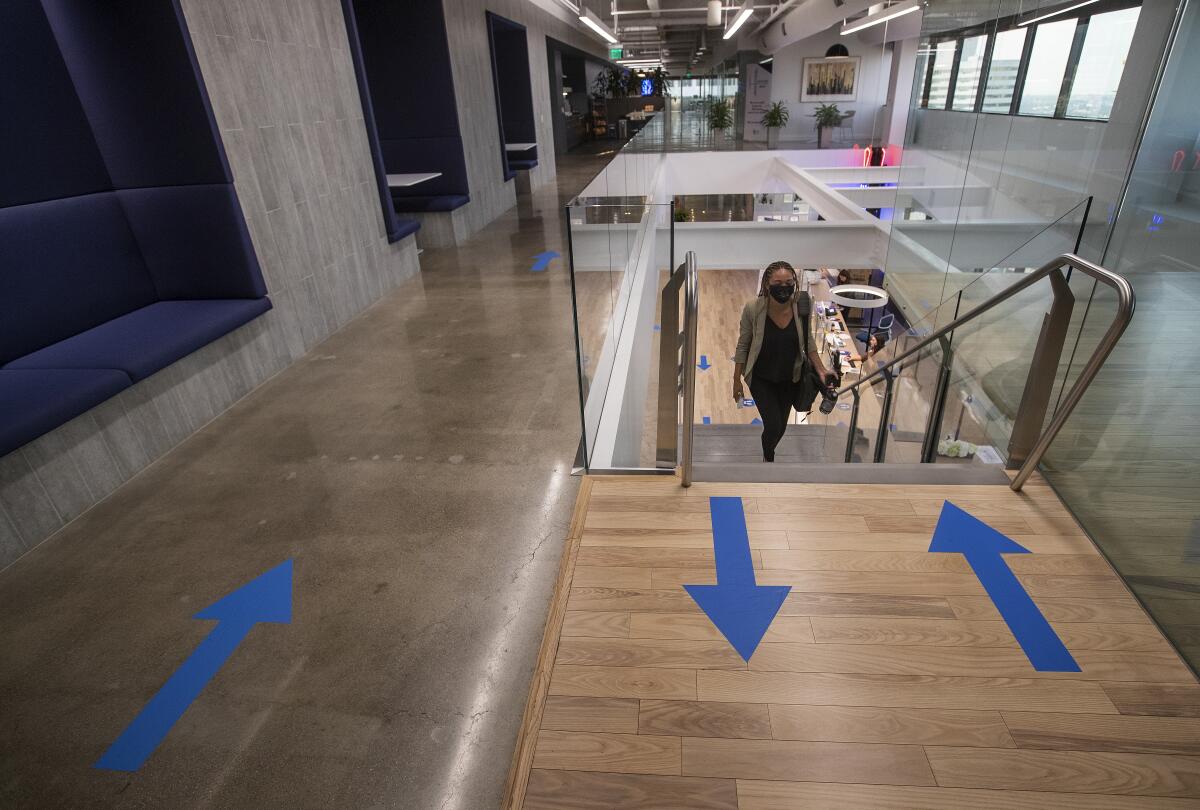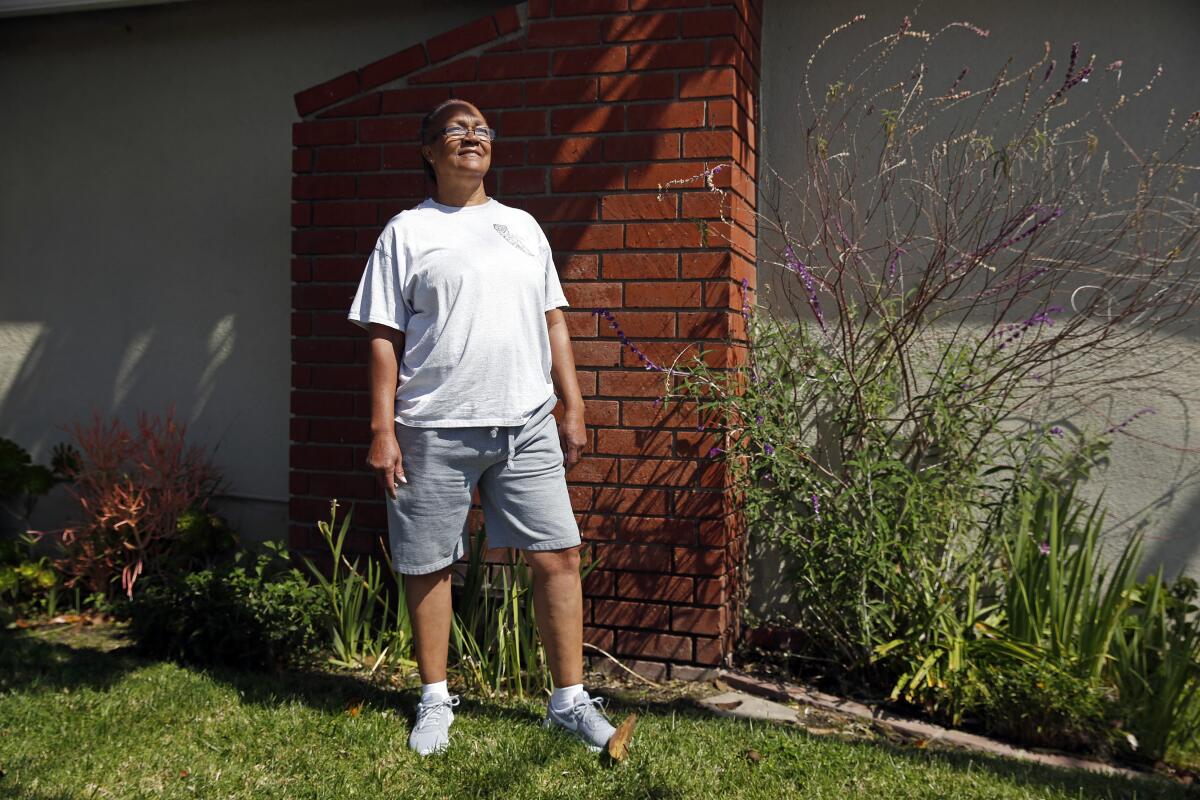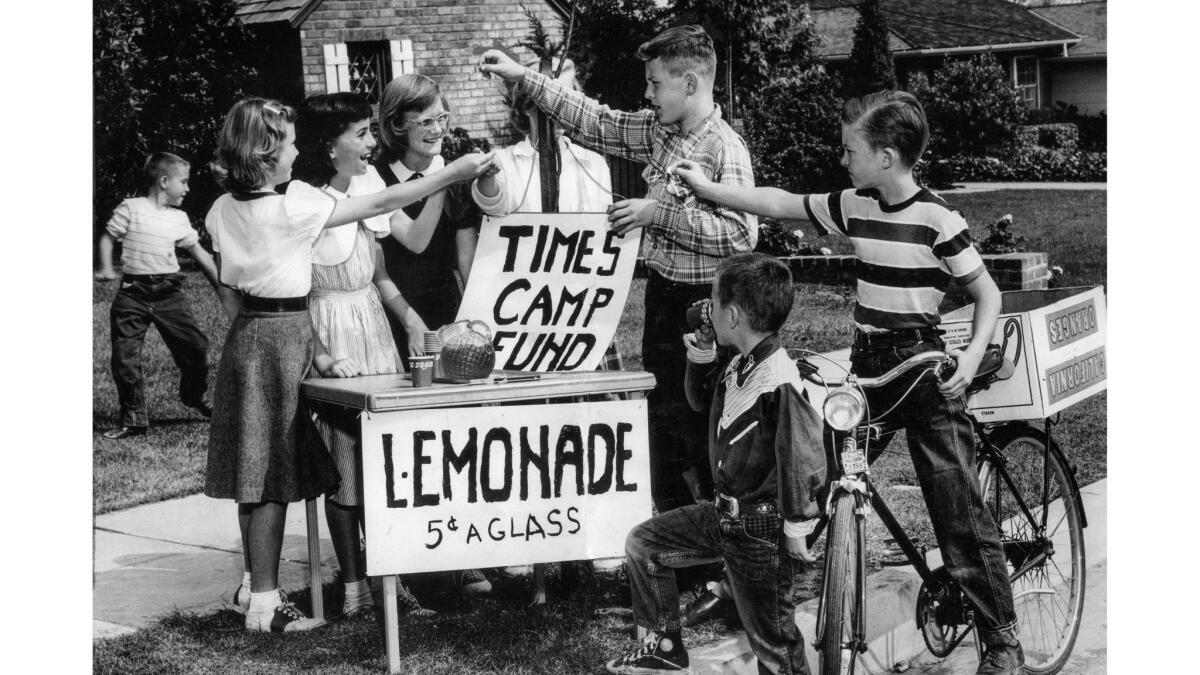Today’s Headlines: Back to the workplace?

California considers an end to workplace masking and social distancing rules, but many employees say they’d just rather not go back to in-person work.
TOP STORIES
Back to the Workplace?
With coronavirus cases plummeting and vaccinations hitting new milestones, California is considering a dramatic liberalization of COVID-19 safety rules that would allow workers to return without masks and social distancing as long as everyone is vaccinated.
The push comes as employers are developing plans to bring back office workers after more than a year of remote work, and as two-thirds of adult Californians are now at least partially vaccinated for COVID-19. There has been much debate about what the future of the office will look like, with some firms building elaborate barriers and spacing out work stations to avoid coronavirus spread.
But the dramatic success of efforts to contain COVID-19 is changing the dynamics, with public health officials believing workers don’t need some of those protections in workspaces where everyone has gotten their shots. That could cover offices and some manufacturing businesses, but it would not apply to workers who are exposed to customers who might not be vaccinated.
Still, workers are already telling their bosses they don’t want to go back to the office five days a week or at all in some cases. Just over a third of workers surveyed recently by staffing firm Robert Half said they would quit if required to return to the office full time. Nearly half of those polled — more than 1,000 U.S. workers ages 18 and older — said that if they had to return to their offices, they would prefer a hybrid arrangement, dividing their time between the office and another location, such as home.
What to do? Here are some tips for those negotiating with their companies.
More Top Coronavirus Headlines
— Many Latino men haven’t gotten vaccinated. Misinformation, fear and busy lives are factors.
— Some teens don’t think they need the COVID-19 vaccine. Officials say they are wrong.
— The European Union took a step toward relaxing tourism travel, with EU ambassadors agreeing on measures to allow in fully vaccinated visitors.
For more, sign up for Coronavirus Today, a special edition of The Times’ Health and Science newsletter.
The Push for a Cease-Fire
Israeli Prime Minister Benjamin Netanyahu on Wednesday publicly shrugged off the strongest U.S. call yet to wind down fighting with Hamas militants in the Gaza Strip, but there were growing indications he would accede to international pressure for a cease-fire.
A 10th day of intense exchanges of fire saw Israeli forces again carry out airstrikes against dozens of militant targets in the small coastal enclave, while Palestinian militants fired new volleys of rockets into Israeli towns and cities.
Early Thursday in Gaza City, orange flashes lighted up the sky, as the thunder of heavy bombardment drowned out the morning call to prayer. The fighting has killed at least 227 Palestinians, 64 of them children, and 12 people on the Israeli side, including a small child, a teenager and a soldier.
The White House announced that President Biden had told Netanyahu in a phone call Wednesday — their second in three days — that he expected to see “significant de-escalation today” as part of a move toward a truce.
More Politics
— The House, including 35 Republicans, voted to establish a commission to investigate the Jan. 6 riot at the U.S. Capitol, but the bill faces an uphill battle in the Senate amid Republican opposition.
— In California, support for the death penalty is falling, with more voters favoring abolishing it — but the issue is still so politically volatile that the prospects of a repeal are uncertain, a new poll finds.
The Battle Over Menthols
The federal Food and Drug Administration recently announced plans to renew efforts to ban menthol cigarettes. Anti-smoking groups and health advocates praised the potential ban, which could be years away and highlights longtime racial inequities of one the most stigmatizing social habits and public health issues in American society.
Tobacco companies have faced decades of criticism for targeting the cool mint flavor of menthol products to Black people who smoke. And Black consumers who stand to be most affected by the changing policies have often been left out of the conversation.
Opponents of the ban, including the American Civil Liberties Union, argue it could lead to law enforcement agencies targeting Black consumers peddling lone menthol cigarettes. They invoke the memory of Eric Garner, who died in 2014 when a police officer put him in a chokehold in New York after he was seen selling loose cigarettes.

FROM THE ARCHIVES
In 1954, The Times was raising money for a philanthropy initiative to send children who might not otherwise be able to afford it to summer camp. Called the Times Summer Camp Fund, the company donated $10,000 to start and communities across the area raised additional funds.
Some donors were children themselves. A Times photographer captured a group holding a lemonade stand in Pasadena on May 20, 1954. The program ultimately raised $25,000, enough to send 2,000 kids to camp.

'The Times' podcast
Our new daily podcast, hosted by columnist Gustavo Arellano, takes you beyond the headlines every weekday. Subscribe on Apple Podcasts and follow on Spotify.
CALIFORNIA
— In a major reversal, Los Angeles County Sheriff Alex Villanueva said that the names of deputies who shoot civilians will be released 30 days after the incident.
— Months after the state approved $2.6 billion in pandemic rental assistance, advocates say a disappointingly low number of tenants have applied, as the program has been hampered by a slow start, confusion and bureaucratic red tape.
— Los Angeles city officials say Echo Park Lake will reopen May 26 after the park was closed for repairs in the wake of the forced removal of a large homeless encampment.
— Authorities are investigating a violent brawl outside a Beverly Grove sushi restaurant as an antisemitic hate crime.
— One of the women who say actor Danny Masterson sexually assaulted them testified that the Church of Scientology intervened and pressed her to stay silent. The testimony raises questions about how the church handles allegations of wrongdoing against its members.
Support our journalism
Subscribe to the Los Angeles Times.
NATION-WORLD
— Texas Gov. Greg Abbott signed a law that bans abortions in the state before many women even know they are pregnant. It leaves enforcement to private citizens, who can sue doctors or anyone who helps a woman get an abortion.
— In South Korea, clinical trials have become a source of quick cash for college students, struggling freelancers and the unemployed.
— Melting ice in the Arctic because of intense climate change has allowed Russia to move in its military apparatus in an attempt to claim the land. The U.S. is objecting.
— About 8,000 people have streamed into the Spanish city of Ceuta from Morocco in the last two days, most of them swimming across the border. The unprecedented wave has strained relations between the two countries.
HOLLYWOOD AND THE ARTS
— So many of this year’s best shows were limited series, but the Emmys remain tied to older formats. That means once again, voters will face impossible choices, writes Glenn Whipp.
— These are not your parents’ superhero shows — they’re deeper than ever, from “Wandavision” to “The Boys.” Will the Emmys notice?
— Singer Demi Lovato announced they are nonbinary and their pronouns are they/them during the pilot episode of their new podcast, “4D.”
BUSINESS
— The owners of the sprawling plant where the Los Angeles Times is printed plan to redevelop the site near the Arts District in downtown into a Hollywood-style lot with 17 soundstages.
— Ready to fly again? As more Americans get vaccinated, airlines are back to acting like airlines — raising fares, filling middle seats and charging change fees.
SPORTS
— LeBron James had a triple-double, including the game-winning three-pointer, and the Lakers earned the NBA’s seventh seed into the playoffs with a 103-100 comeback victory over the Golden State Warriors.
— The Dodgers won their third straight game against the Arizona Diamondbacks, 4-2.
— In an exclusive interview, Rams quarterback Matthew Stafford reveals how he asked for a trade from Detroit and more.
Free online games
Get our free daily crossword puzzle, sudoku, word search and arcade games in our new game center at latimes.com/games.
OPINION
— Is a new homeless agency the answer for L.A.? Columnist Steve Lopez is skeptical but keeping an open mind.
— For Black new mothers, childbirth is unacceptably deadly. It’s incumbent on California’s leaders to improve maternal healthcare to change that, The Times’ editorial board writes.
WHAT OUR EDITORS ARE READING
— Colonial Pipeline’s chief executive explains why the company paid a $4.4-million ransom to hackers. (Wall Street Journal)
— Hate the sound of your own voice on recording? A surgeon who specializes in treating patients with voice problems says there are two big reasons for that. (The Conversation)
ONLY IN CALIFORNIA
Coast live oak. Lemonade berry. Chaparral yucca. All of these are California native plants. In fact, we have more types of native plants than any other state in the U.S., a third of which are found nowhere else on Earth. Indigenous cultural and plant educator Nicholas Hummingbird explains the seven most important native plants in L.A. and why you should care about them.
Comments or ideas? Email us at headlines@latimes.com.
Sign up for Essential California
The most important California stories and recommendations in your inbox every morning.
You may occasionally receive promotional content from the Los Angeles Times.



